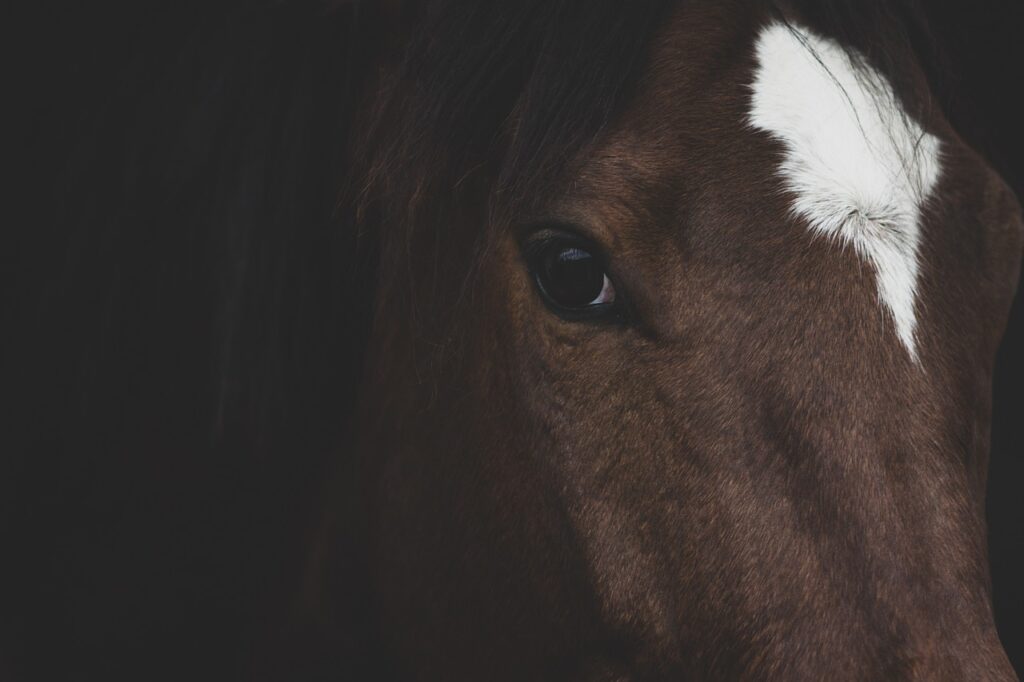
Infected mosquitoes are causing more issues in southwestern Ontario, but not just for human residents.
The Ontario Ministry of Agriculture, Food, and Agribusiness has confirmed a case of eastern equine encephalitis virus (EEEV) in a horse in Lambton County.
Officials with Lambton Public Health say the virus is not a reportable disease in Ontario and no mosquito traps have tested positive for it in the area.
Like West Nile, EEEV is typically found in wild birds and mosquitoes, but can be spread to horses and, in rare cases, humans, through an infected mosquito’s bite. Humans cannot be infected with EEEV from another horse or human.
Horses can be protected by a vaccine against EEEV, however there is no vaccine for humans and while human cases are rare, the disease can cause serious neurological complications and even death.
To reduce your risk of being bitten by mosquitoes:
• Avoid areas with high mosquito populations.
• Take extra precautions from dusk to dawn when mosquito activity is high.
• Wear protective, light-coloured clothing.
• Use repellants containing DEET or Icaridin. Follow label instructions carefully.
To reduce mosquito breeding areas:
• Drain areas of standing or stagnant water on your property.
• Remove old tires; turn over pails, toys, and wheelbarrows.
• Change water in bird baths (at least weekly).
• Keep eaves clear to avoid trapped water




